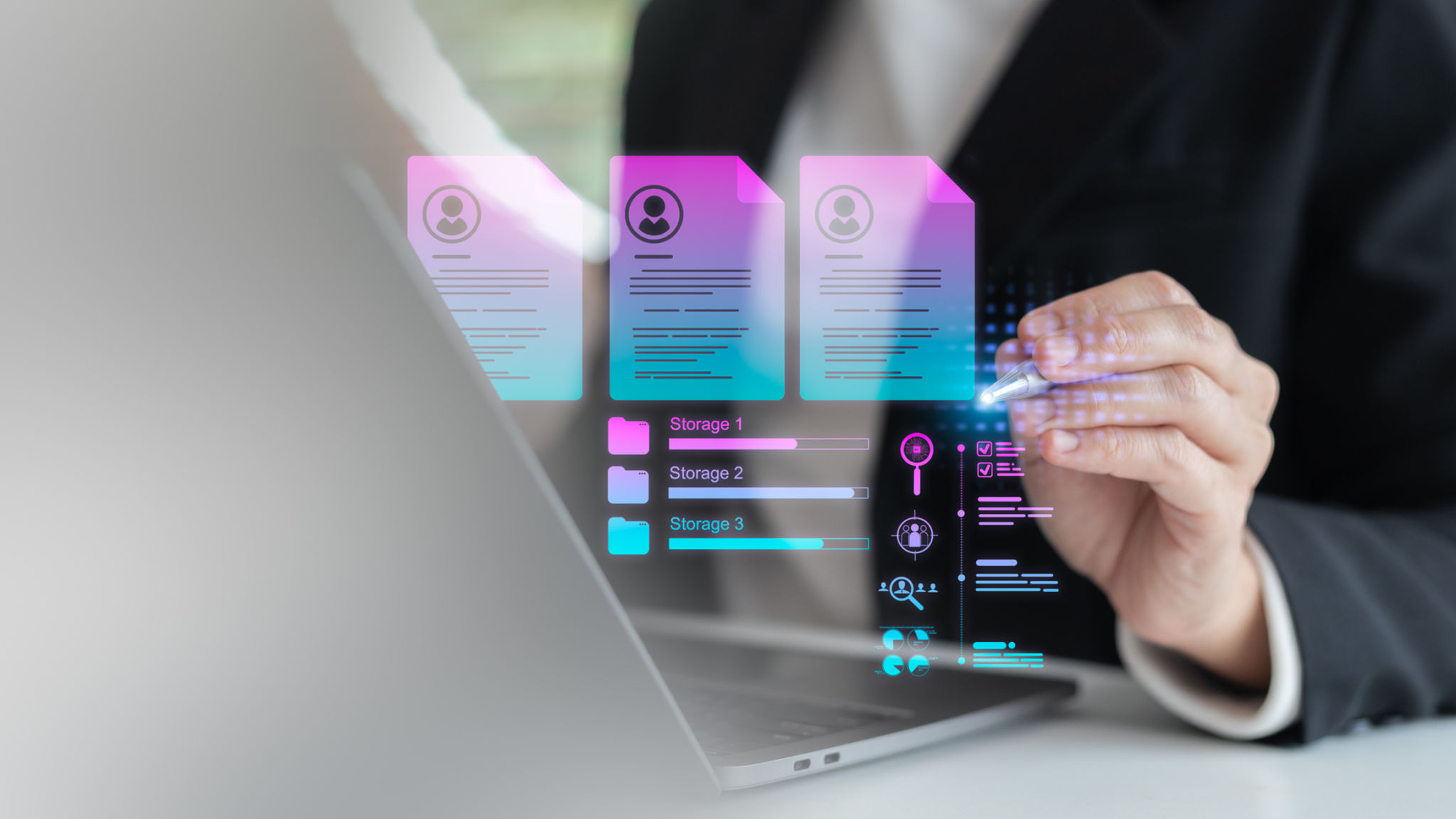The Future of Recruitment: Embracing AI and Automation
The Role of AI in Modern Recruitment
In recent years, the recruitment landscape has been undergoing a significant transformation. The integration of Artificial Intelligence (AI) and automation is reshaping how companies attract, evaluate, and hire talent. This shift is driven by the need for efficiency and accuracy in the hiring process.
AI-powered tools can sift through thousands of resumes in a fraction of the time it would take a human recruiter. These tools use algorithms to identify key skills, experience, and qualifications, ensuring that only the most suitable candidates are shortlisted. This not only saves time but also reduces human bias in the initial screening stage.

Enhancing Candidate Experience
The candidate experience is a crucial aspect of recruitment, and AI is playing a pivotal role in enhancing it. Automated systems can provide real-time updates and feedback to candidates, keeping them informed throughout the hiring process. This transparency can lead to higher candidate satisfaction and a more positive perception of the company.
Moreover, AI chatbots are being used to handle initial inquiries and schedule interviews. These chatbots can engage with candidates at any time, providing them with information about the job, company culture, and next steps. This level of engagement helps to keep candidates interested and invested in the application process.

Streamlining the Interview Process
AI and automation are also transforming the interview process. Video interview platforms equipped with AI can analyze candidates' responses, evaluating factors such as word choice, tone, and even facial expressions. This provides recruiters with additional data points to consider when making hiring decisions.
Furthermore, scheduling tools powered by AI can coordinate interview times between candidates and multiple interviewers, eliminating the back-and-forth often associated with scheduling. This ensures a smoother and more efficient interview process for all parties involved.

Data-Driven Decision Making
One of the most significant advantages of incorporating AI in recruitment is the ability to make data-driven decisions. AI tools can analyze vast amounts of data from various sources, providing insights into hiring trends, candidate performance, and even predicting future hiring needs.
This data-driven approach allows companies to make more informed decisions, ensuring that they are not only hiring the right talent but also anticipating future workforce requirements. This strategic approach to recruitment can lead to a more agile and resilient workforce.

Challenges and Ethical Considerations
Despite the numerous benefits, the integration of AI in recruitment is not without its challenges. Concerns about data privacy, algorithmic bias, and the potential for over-reliance on technology are prevalent. It's crucial for companies to address these issues by ensuring transparency and fairness in their AI systems.
Organizations must also consider the ethical implications of using AI in recruitment. This includes ensuring that AI tools are designed and used in a way that promotes diversity and inclusion, rather than reinforcing existing biases.
The Path Forward
The future of recruitment lies in the seamless integration of AI and human expertise. While AI can handle many aspects of the hiring process, the human touch remains essential for understanding cultural fit and building relationships. Companies that successfully blend technology with human insight will be best positioned to attract and retain top talent in the years to come.
As we move forward, it's clear that AI and automation will continue to play a significant role in shaping the recruitment industry. By embracing these technologies, companies can create more efficient, effective, and inclusive hiring processes.